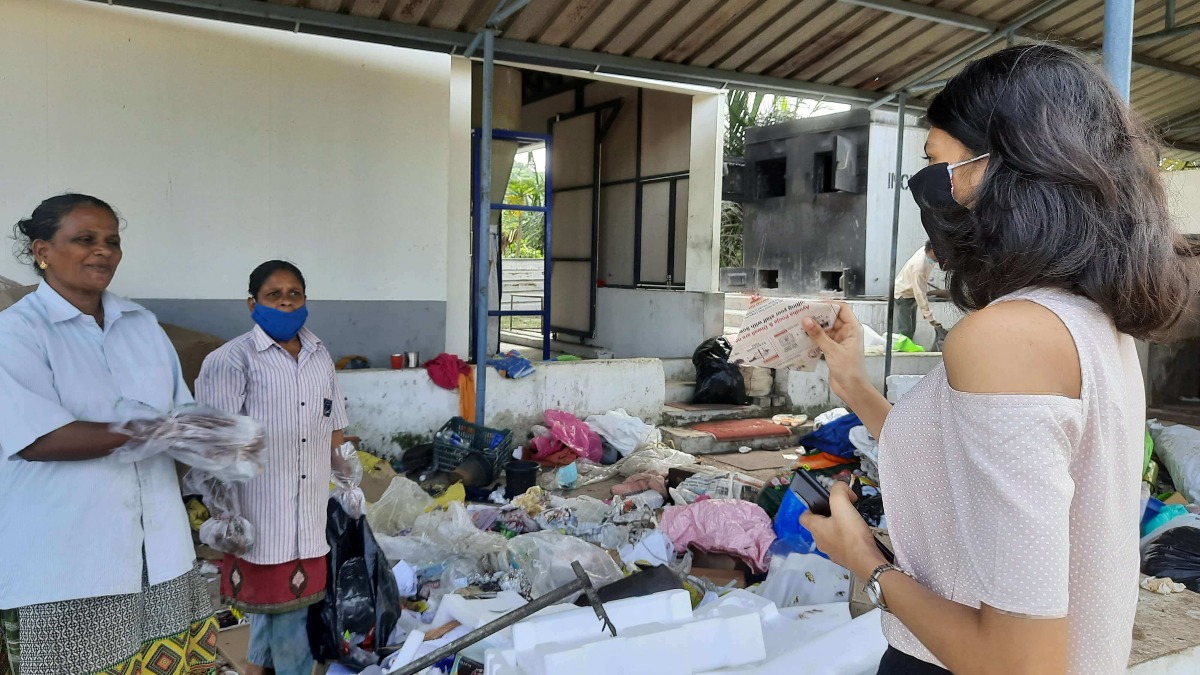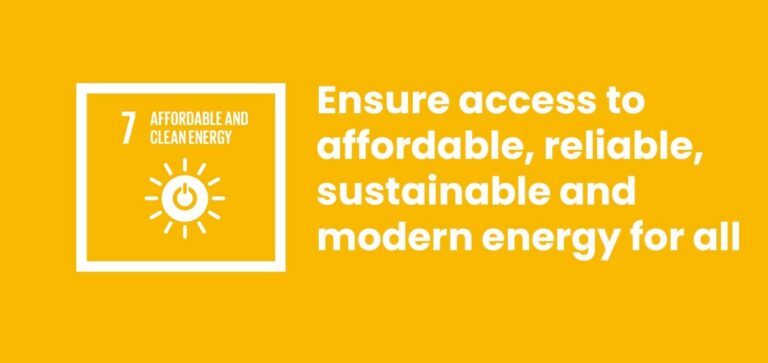By Atyantika Mookherjee
I, until recently, considered myself to be a person who is duly aware of my surroundings.
I read the newspaper every day, taking a careful effort to be well-read on global politics and international affairs. I can name all the capitals of Europe and most of the Heads of States of the world. I kept up to date with the US elections and the Capitol Hill riots, the coup in Myanmar, and the farmers’ protests in India, carefully researching and educating myself on what I considered to be essential pieces of information that every person should be well versed in. I delved into the depths of what I considered to be integral elements in ones’ life, dedicating myself to becoming a well-read and widely informed – a bit of a know-it-all, really – individual. I, until recently, believed that I was successful and was by all standards au courant.
Until recently.
I have realized, however, that I am none of those things and have never actually taken a long, hard look around me.
I suppose I should start at the beginning.
10th standard and every mark count. Lab work, notebooks, practical exams, written exams, projects – you do each with utmost dedication and sincerity. The idea of being in a Board class looms heavy in everyone’s minds, and the sharp reminders from our teachers do little to ease the tension. A pandemic sweeps across the globe leaving in its wake chaos and misery, yet when it comes to a Board class assignment, you are inclined to throw it all to the wind and remind yourself of the implications of your actions if you slack off now: utter, deep, dark, rolling Hadean doom. But no matter.
Despite my scintillating revelations at the start, I can say with full confidence that I am a girl who likes to give her best. I enjoy studying and assignments, and yes, I also like to get good grades. Labelled as the Hermione Granger of my class, I make a conscious effort to hold myself to a standard. I see nothing wrong in going the extra mile, doing some extra research or writing a few extra points.
Fine, fine. I’m a know-it-all. I know.
So when we were given an assignment by our Biology teacher to conduct some research on how waste was segregated in India, I was determined to blow her away with my project. I could do the quintessential Wikipedia forage and throw something together, but there isn’t appeal in that. I wanted to be able to provide not only a write-up but a story. I wanted to see the pages of our textbook come to life. And to do so, to truly be able to enliven what sounded at first to be the most unexciting topic, I decided to pay a visit to the waste segregation plant in my area.
If you would’ve asked me two months ago whether I knew that a waste segregation plant in my area existed, my answer would have a hard-pressed, ‘’No’’. Tucked away in one of the solemn corners of my residential area, few know of – or even consider – its existence. The only sign of the fact that such an institution exists is the noisy trucks that honk loudly at its gates every morning, heavy with rubbish and other refuse. Having lived here for five years, I can count on one hand the number of times I’ve mentioned it and I’m sure I’m not the only one.
My mother had pulled some strings and gotten us some time to talk to the head sanitation worker. We’d arranged to meet with her during the morning so she could show us how the waste was segregated in my community and so that I could also snap some pictures of the entire process. We’d reached the plant at the designated time on the decided day. The morning had been sticky, humid – typical Kerala weather. The strap of my camera bit into the skin of my neck, and my mother had huffed derisively just as we spied the gate of the plant opening and a tall, strapping figure of a woman stepping out.
Sunita had a way about her. She was one of those people whose smile was infectious. She chattered amiably with my mother and me as she ushered us into the plant, the heavy gate shutting behind us with a clang. The rumble of trucks could be heard further down the corridor that opened into a dusty courtyard. The persistent beeps of the machinery that lined the wall echoed around the cavernous chamber. Sunita’s rapid Malayalam accompanied each flourish of her hand as she pointed towards each piece of machinery. My mother was hesitantly translating Sunita’s explanation, trying to keep up with enthusiasm. All in vain, because before we knew it, Sunita was apparently done with her tour and was leading us towards a dark, dank structure at the other end of the courtyard. My mother and I panted as we tried to catch up with Sunita’s long strides, my camera jangling around my neck. Numerous sanitation workers dressed in dark blue coats stood in small clusters here and there, sometimes shooting us strange looks.
The small, hut-like structure turned out to be the composting area. The smell of rotting organic matter was heavy in the air and little light filtered into the structure. Vats full of decaying organic manner stood in rows, each in different stages of decomposition. I had my camera in my hands, angling at different positions for a shot. Sunita was still talking to my mother, and I was able to pick up a bit of what she was saying – the fact that they sold the compost and used it for their own garden. The brittle mixture was fine to the touch, but as I was rolling in around in my hands, I heard a heavy sob and turned around to find Sunita in tears.
I immediately looked to my mother, who herself seemed to be in a state of confusion. The stark contrast between the woman who had been so abundantly full of enthusiasm and passion now stood wiping away at her eyes, her voice hoarse. I slowly put my camera down, trying to make head or tails of the situation. Had we done something wrong? Were we not supposed to be in here? Was my project going to be a flop?
But what followed made me forget about my project, my grade and about the camera strap pinching my skin. Because in the dark of that hut, with the heat of the compost permeating the air and the sourness of the waste dense around us, Sunita wove a tale of neglect, abuse and disrespect. She spoke about the terrible working conditions and the low pay, the negligent authorities and the lack of funds. The sanitation workers milling around slowly congregated around her, pitching in about their experiences and adding a few of their anecdotes. My Malayalam isn’t the best, but one could tell from the tone of their voice that they had nothing nice to say.
Sunita had stopped crying by now. We continued on with our tour. We left with plenty of information and pictures – enough to make a smashing project – yet I also carried back with me one more thing: a fresh perspective.
I left that plant moved. I left that plant realizing that all this time I’d been reading and reading about the wrong things, there had been people who needed help not less than a mile away from me. I left that plant feeling foolish, but I was determined to come back.
Sustainable Development Goal number 6 aims at achieving clean water and sanitation for all. It has 8 targets, 6 of which are aimed to be achieved by 2030: safe and affordable drinking water, the end of open defecation and provide access to sanitation and hygiene, the improvement of water quality, wastewater treatment and safe reuse, the increase of water-use efficiency and availability of freshwater, the implementation of IWRMs and the restoration of water-related ecosystems. An integral basis, however, to achieve these goals is the protection of the livelihoods and dignity of sanitation workers. We cannot hope to achieve any of these goals when those engaged in these activities are shunned and mistreated. We cannot hope to achieve any of these goals when those engaged in these activities are treated like pariahs and victims of harassment, being arbitrarily dismissed by authorities due to the nature of their profession. We cannot hope to achieve any of these goals while such a situation persists.
The foundation of SDG 6 and its subsequent success lies in the hands of sanitation workers around the globe. Yet in today’s society, they remain looked down upon. They continue to face difficulties such as diseases contracted from different waste materials, injuries related to cuts from non-faecal waste and dangers related to working in confined spaces where oxygen is at risk of running out. They lack protection from the justice system, and there are few policies protecting their rights and health. This is in addition to the social and economic challenges they face, which is worse in India due to the continued existence of the caste system. The discrimination they face is abhorrent.
It should be kept in mind that all 17 SDGs are interlinked, a complex structure of dominos. If one falls, so do the others. SDG 6 cannot be achieved with the support of those engaged in the profession of sanitation, and therefore, we cannot hope to achieve SDG 3, which is aimed at improving health, SDG 16, which aims at achieving social justice, or even SDG 8, which is centred around decent work and economic growth. One facet of SDG 6 has to be aimed at the well-being of sanitation workers – it is essential, integral that their lives and rights be treated with respect. This can be done through Government schemes and initiatives, one such being the Swacch Bharat Mission. Self Help Groups must be promoted to propagate independence amongst sanitation workers. First and foremost, however, is that we learn to take them into account and treat them with respect and dignity.
The bias against the profession poses a hindrance towards achieving SDG 6 and its aims. People must keep in mind the integral role sanitation workers play in society and its development. After this pandemic, SDG 6 will become even harder to achieve. Therefore, in the world’s best interest, we take the required steps and opinions into account to achieve all 17 Sustainable Development Goals, taking note of facets and communities that will require support along the way. It is the only way to do the same. It is the best way to do the same.
Sunita and I have become good friends. I’ve recently started a movement in my community to help them be able to segregate menstrual waste properly and be able to dispose of it in an eco-friendly manner. I visit the plant from time to time to listen to their stories, hopes and dreams. It is admirable, the strength they possess, their will to keep on keeping on despite the difficulties and stigma they face. I finally feel as though I am learning about the right things, yet I am also now aware of how little I know.
But for the record, I got a great grade on that project.




